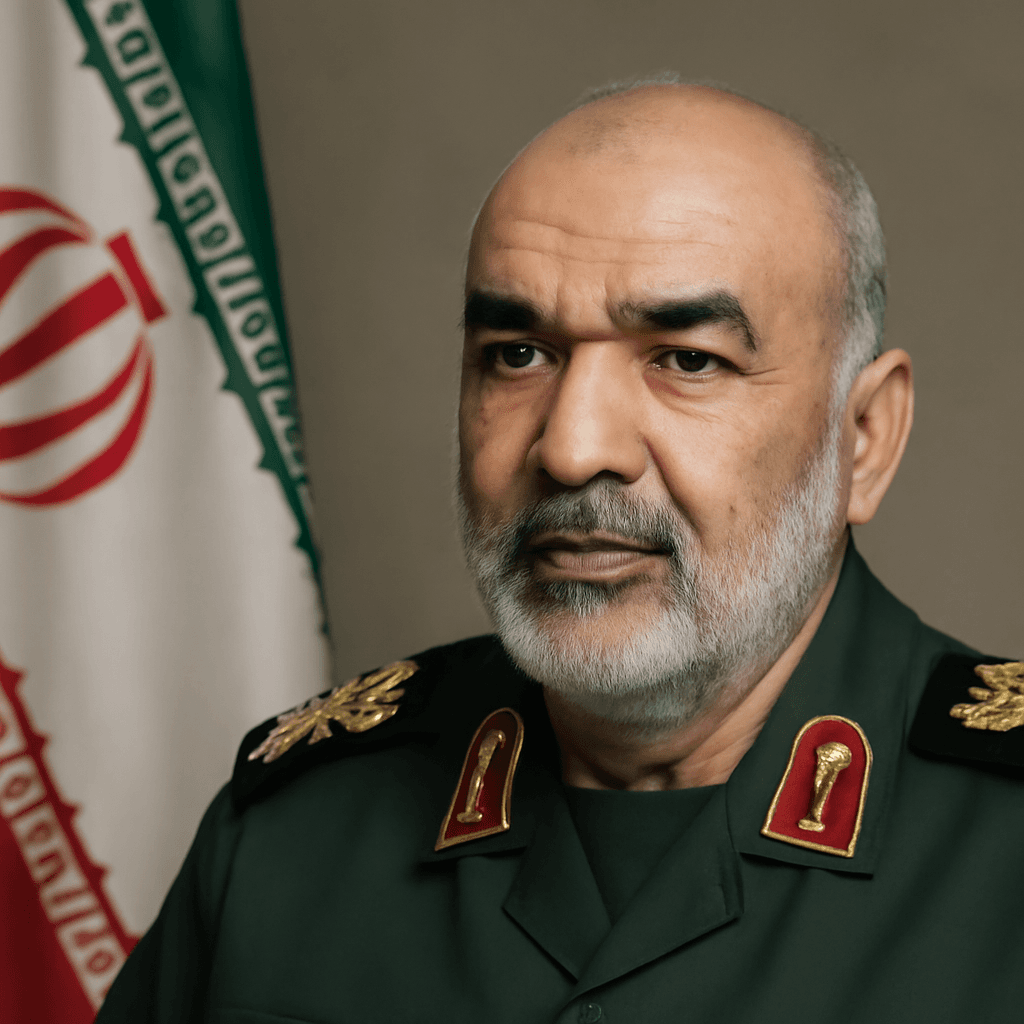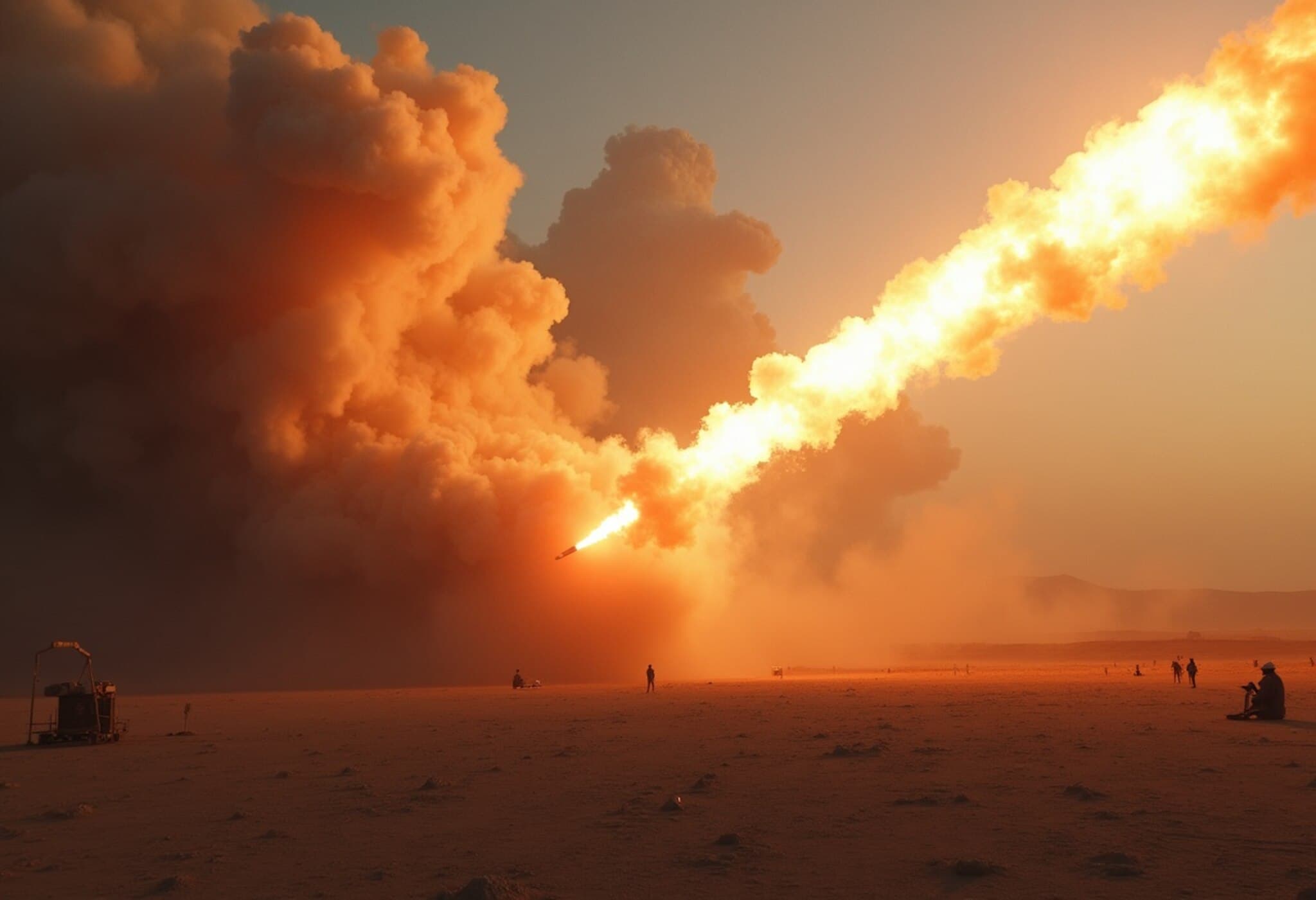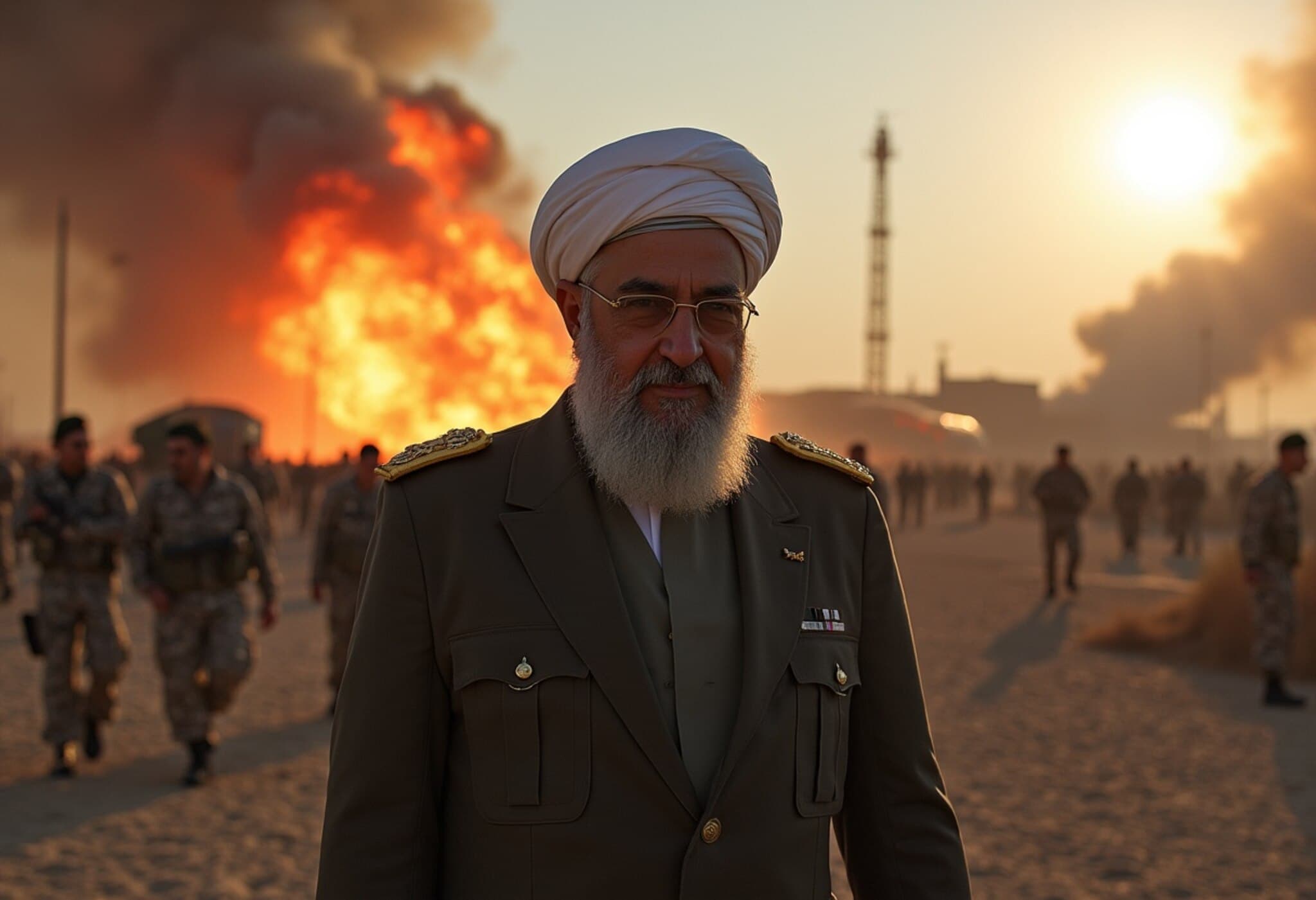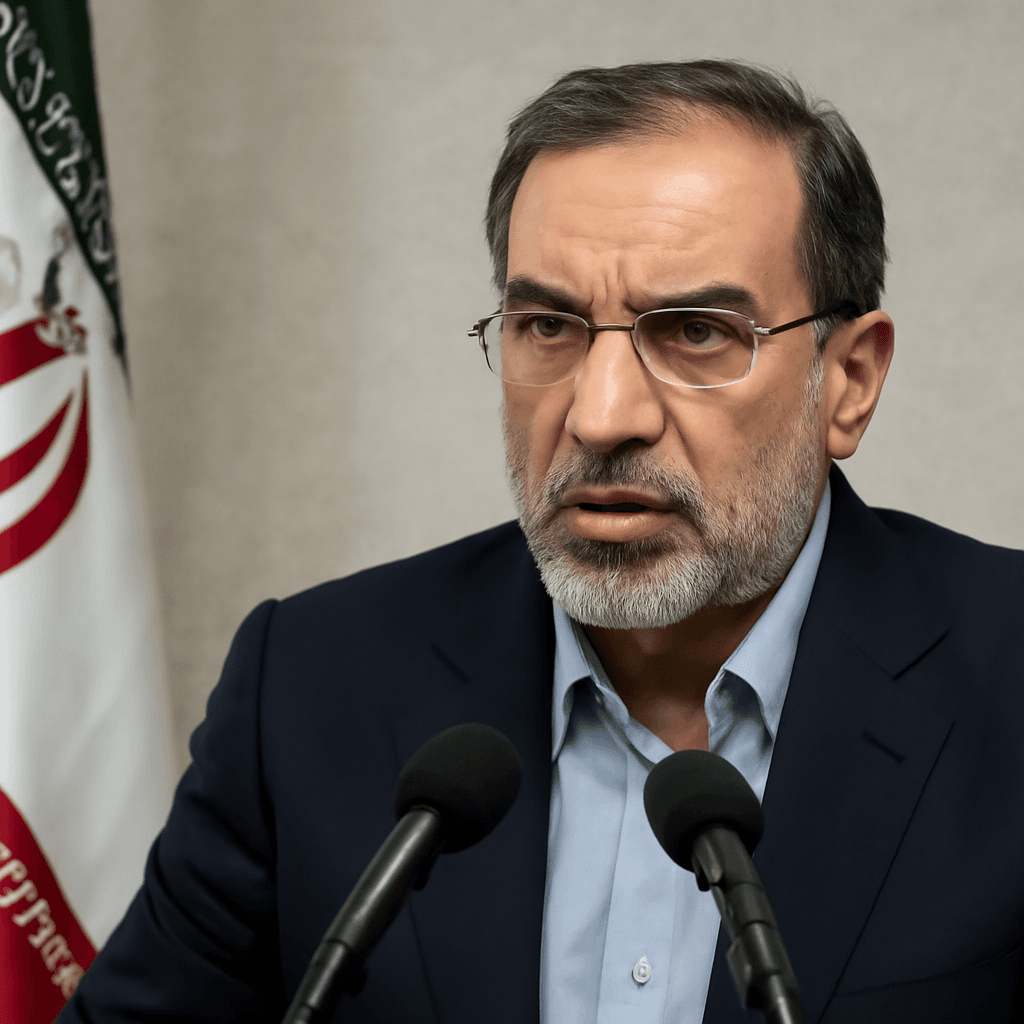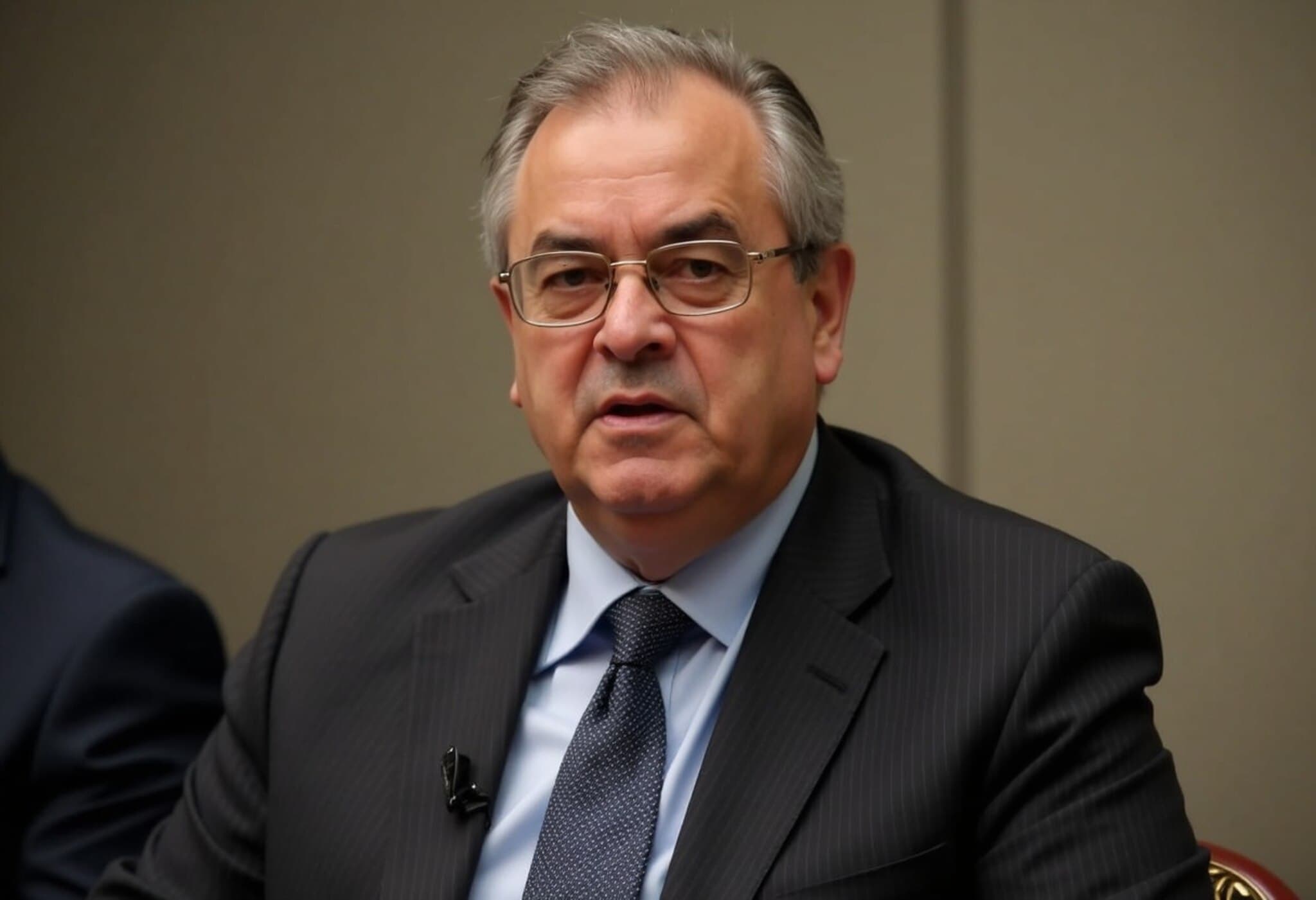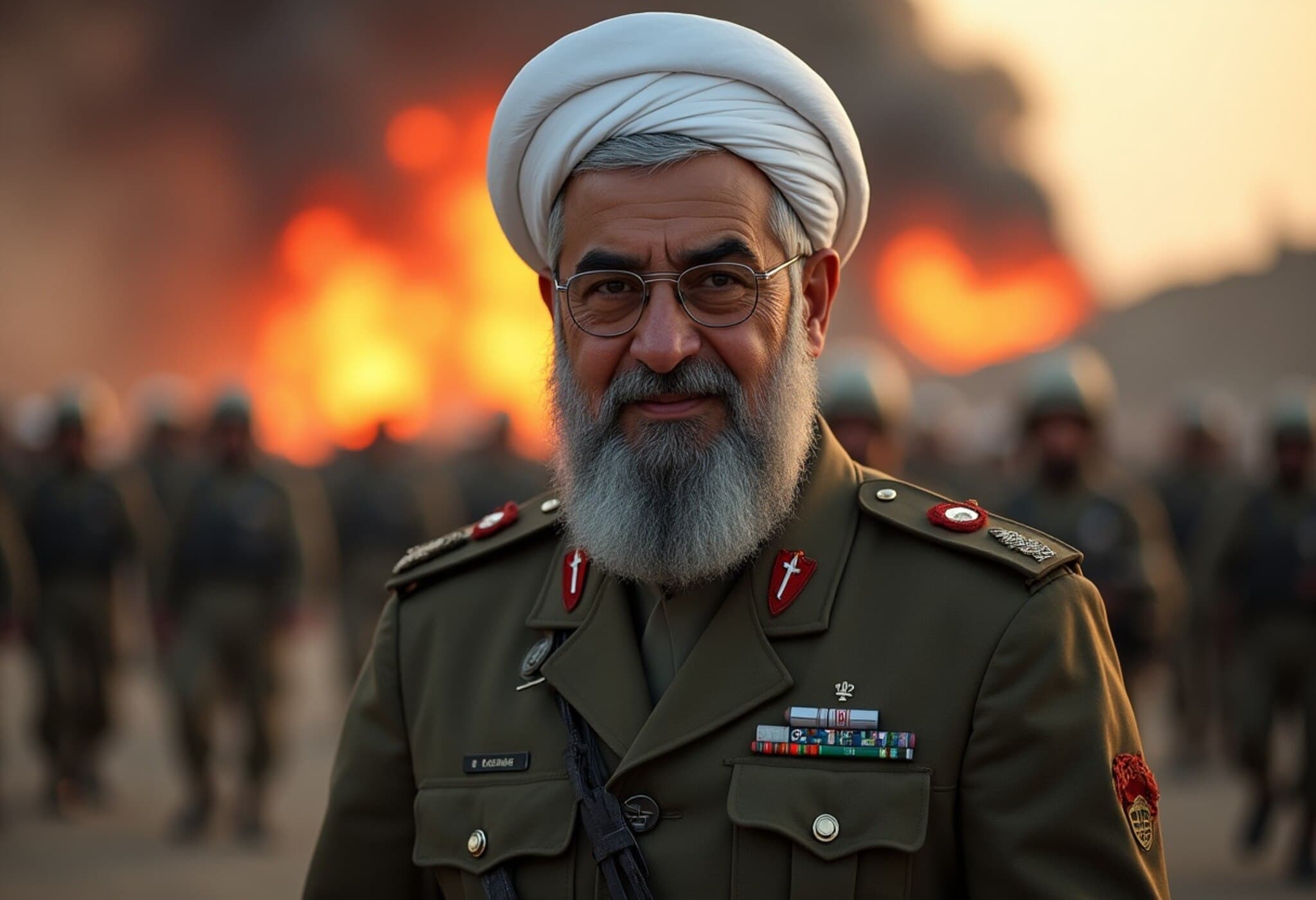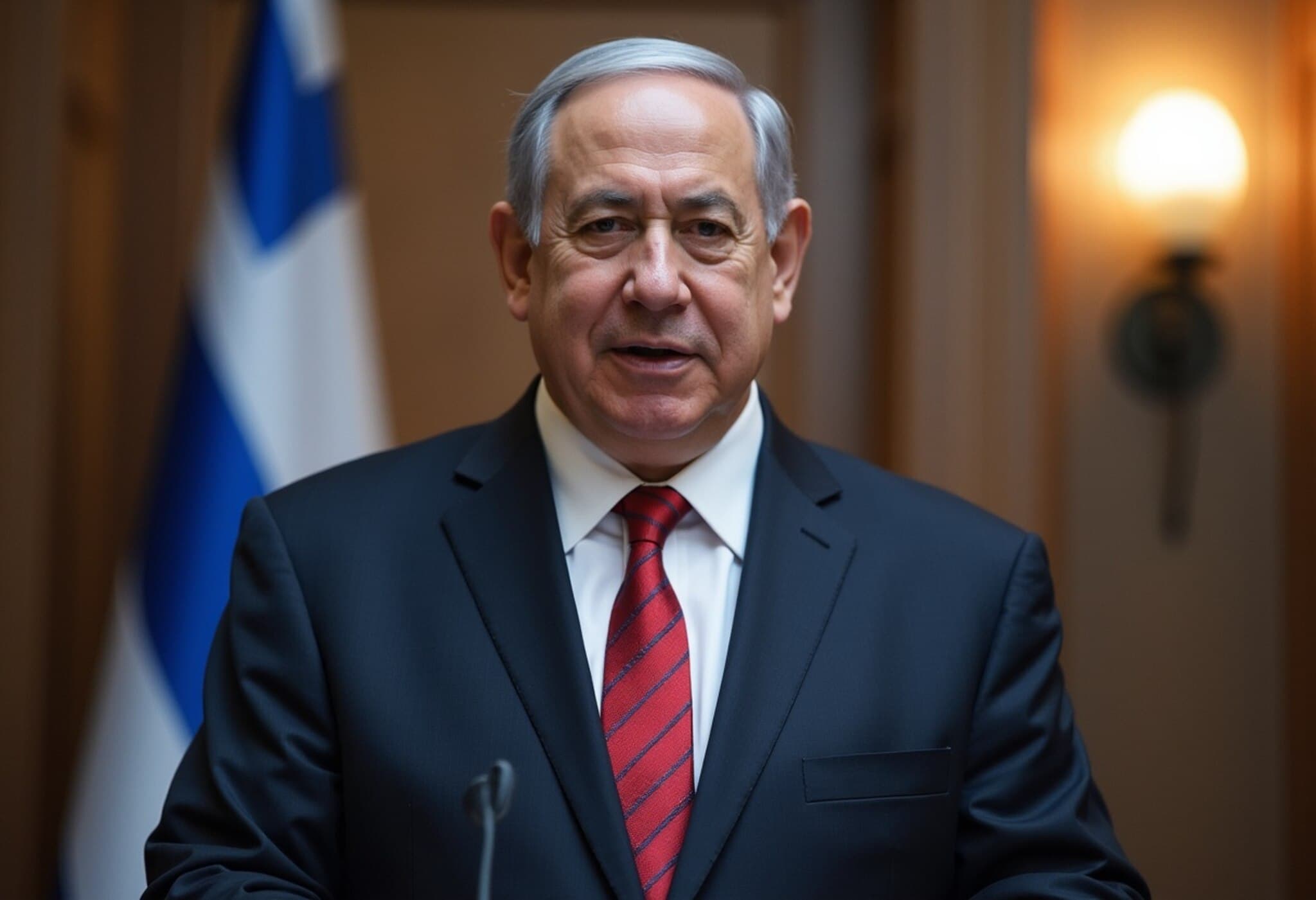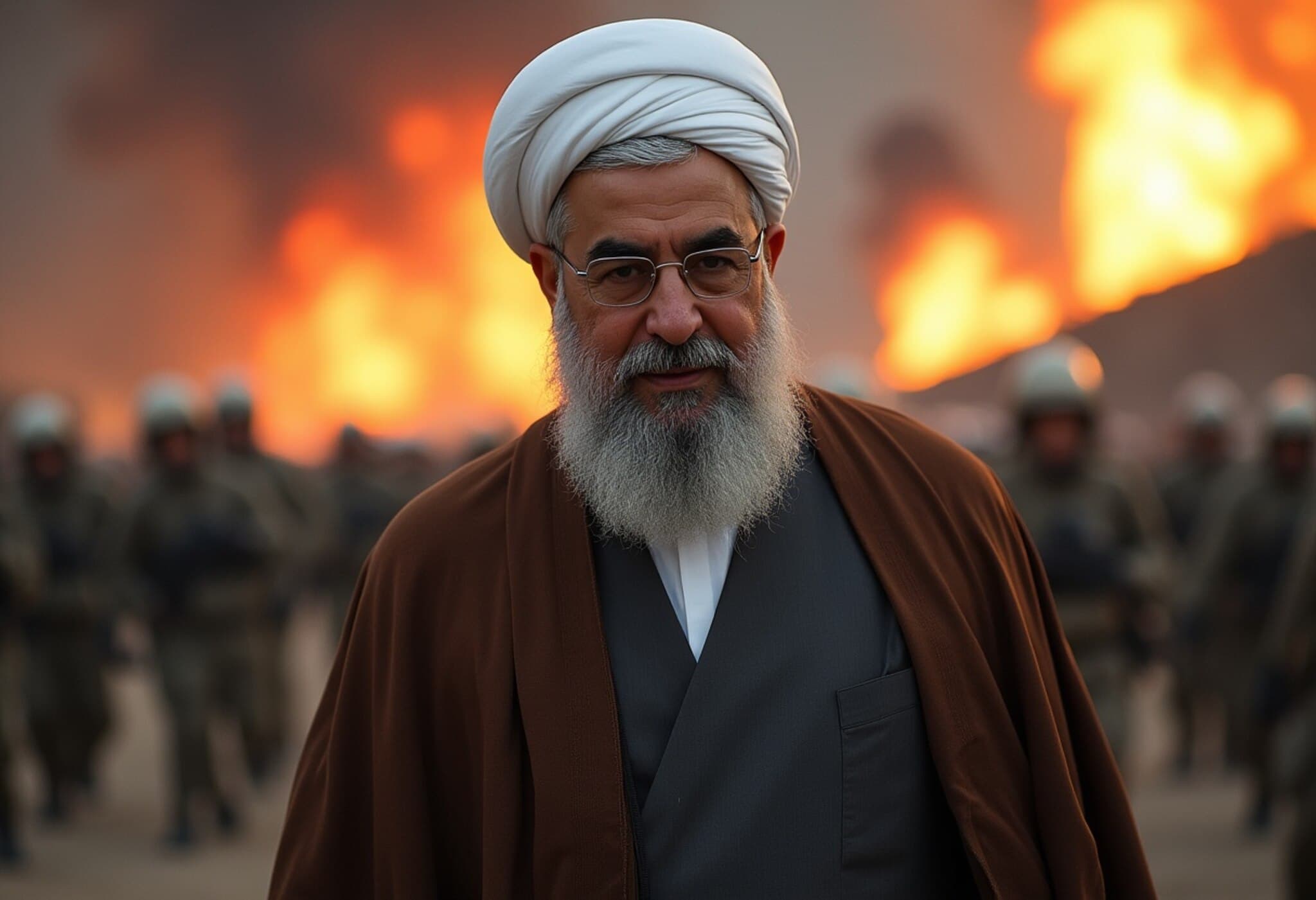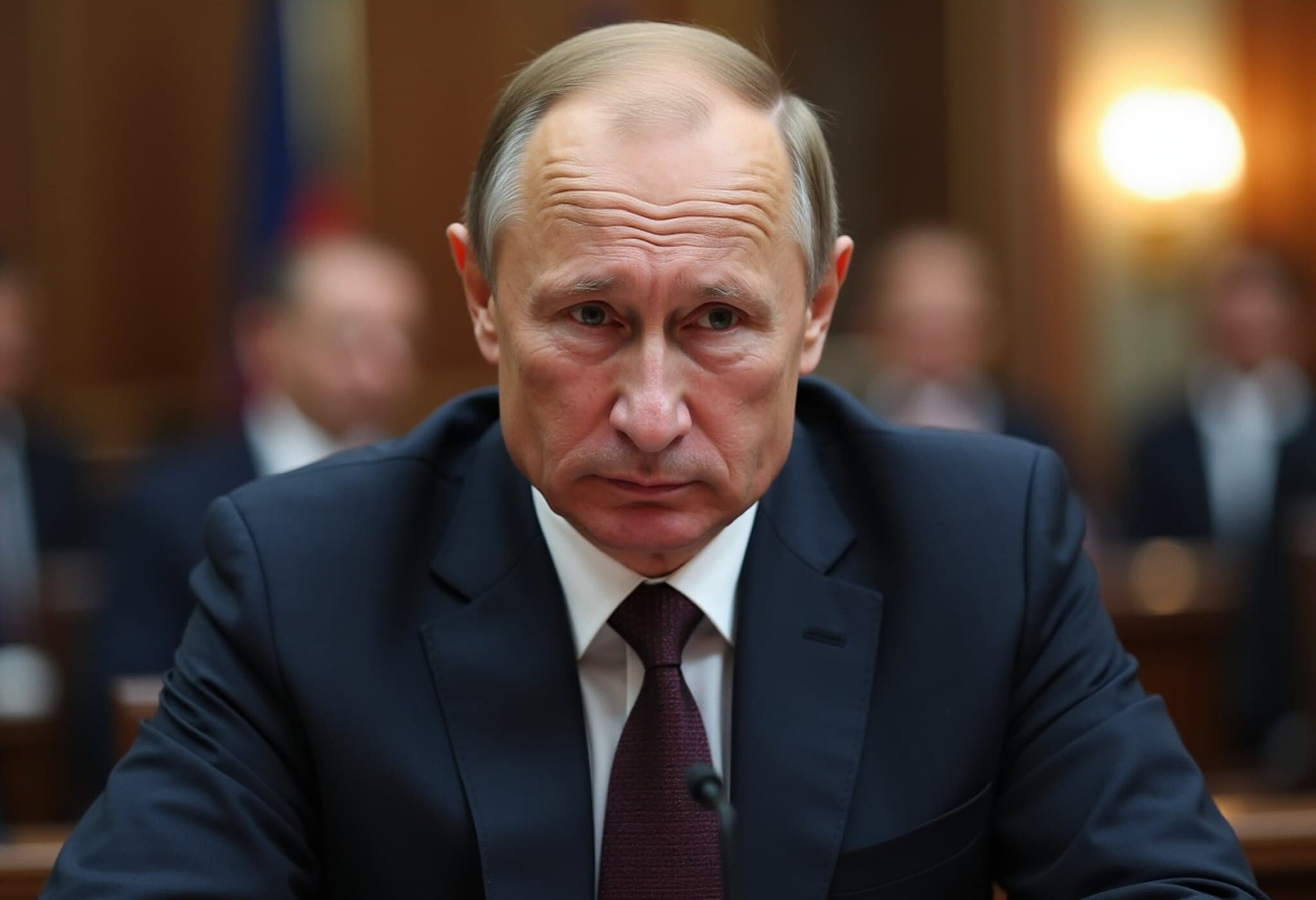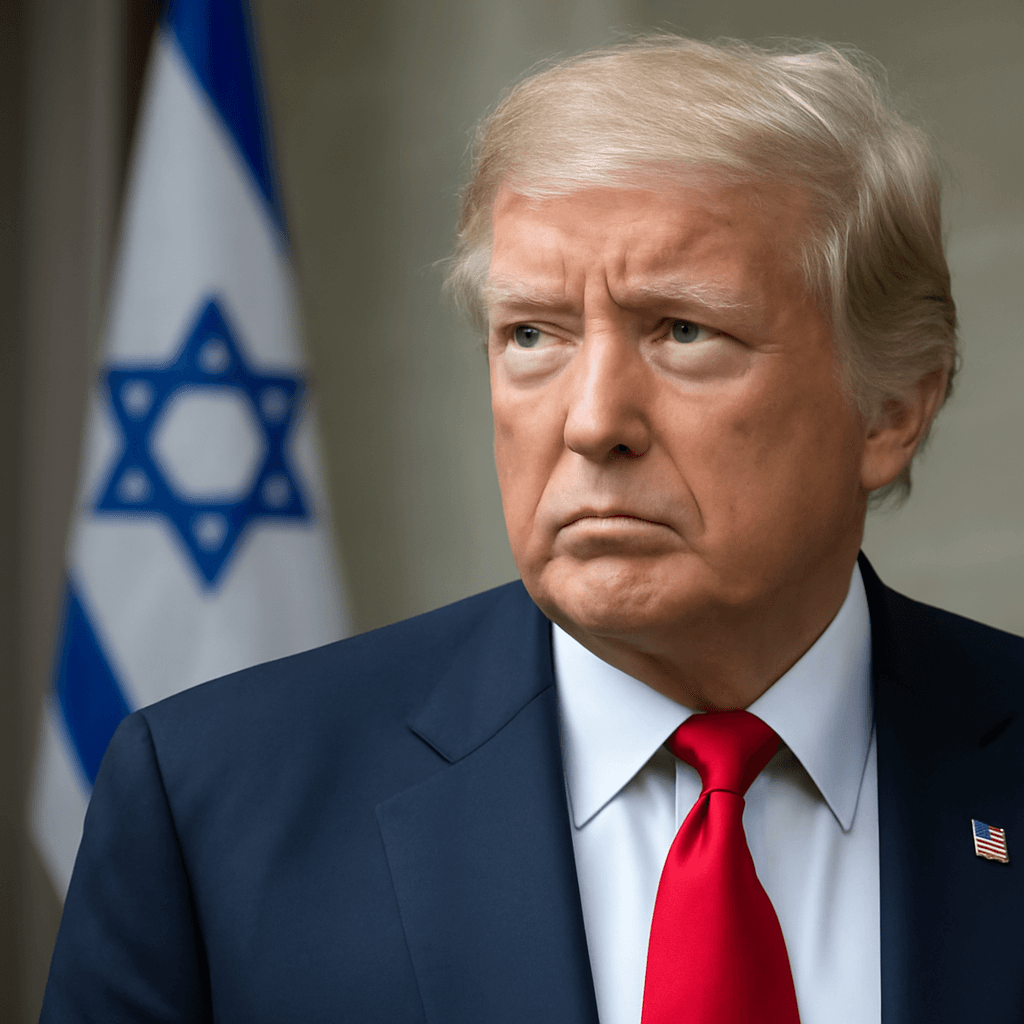Major Escalation as Iran's IRGC Chief Hossein Salami Killed in Strikes
In one of the most significant regional escalations in years, Major General Hossein Salami, commander-in-chief of Iran's Islamic Revolutionary Guard Corps (IRGC), was confirmed dead following early morning strikes targeting the IRGC headquarters in Tehran. Iranian state media reported a direct hit on the complex, which also reportedly killed other senior military figures.
Multiple Senior Iranian Officials Feared Dead
Along with Salami, at least three other top Iranian commanders are believed to have perished in the assault. The strike caused multiple explosions across Tehran and other cities, igniting fires in areas housing senior military leaders. Footage broadcast by Iranian state television showed blazing buildings in the Mahalati complex.
Israel Claims Strikes Target Nuclear Enrichment Sites
Confirming responsibility, the Israeli Prime Minister stated the airstrikes targeted Iran's primary nuclear enrichment facility in Natanz. He asserted, "We struck at the heart of Iran’s nuclear enrichment program," emphasizing the intent to disrupt Iran's alleged efforts to develop nuclear weapons. Leading nuclear scientists linked to the Iranian bomb-making program were also reportedly targeted.
Warnings of Prolonged Campaign
In a firm address, the Israeli Prime Minister declared the strikes would continue "for as many days as it takes to remove this threat." Israeli Defense Minister echoed the alert by declaring an emergency state on the home front, warning civilians of potential missile and drone attacks linked to retaliatory actions. Israeli airspace was subsequently closed in anticipation of further conflict, alongside closures in Iran and neighboring Iraq.
Iran Vows Heavy Retaliation Amid Rising Tensions
Reacting strongly, Brigadier General Abolfazl Shekarchi of Iran’s armed forces issued a stern warning against Israel and its allies, promising they "will pay a heavy price" for the attacks. Though Iranian military leaders have yet to disclose specific responses, defense forces are reportedly gearing up for possible retaliation.
US Response and Diplomatic Concerns
The United States quickly distanced itself from the strikes, with officials denying involvement. The Secretary of State stressed that protecting American personnel in the region remains a top priority and confirmed Israel acted independently based on self-defense claims. Meanwhile, the US President had previously urged Israel to delay such operations to preserve ongoing diplomatic discussions with Tehran, though the timing of his official briefing remains unclear.
Background: Rising Nuclear Tensions
This dramatic military episode follows a recent resolution by the International Atomic Energy Agency's Board of Governors, which censured Iran for refusing cooperation with nuclear inspectors—its first such rebuke in two decades. In response, Iran announced plans to establish another uranium enrichment site and upgrade centrifuge technology.
While Tehran maintains that its nuclear program serves civilian purposes, both Israel and Washington view these developments as edging Iran closer to nuclear weapons capability. Intelligence reports suggest Iran could theoretically manufacture multiple warheads within months, although current assessments indicate no active weapons program.
What Lies Ahead?
The unfolding crisis sets the stage for a volatile period in Middle Eastern geopolitics. With Israel signaling sustained military efforts and Iran vowing reprisals, regional stability faces a serious test amidst ongoing international concerns over nuclear proliferation.

